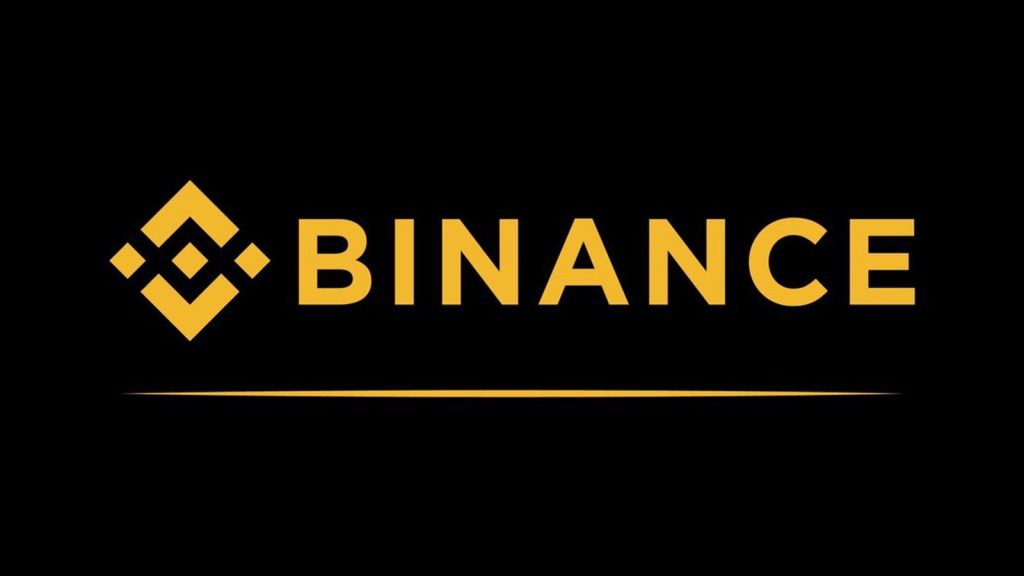After a federal judge maintained most of the agency’s allegations against the business for possibly providing unregistered investment products and breaching anti-fraud laws, Binance’s bid to reduce the charges imposed by the SEC has mainly failed.
The decision found most of the agency’s claims reasonable and dismissed certain of Binance’s claims that have also been refuted by other judges, including the belief that the Major Questions Doctrine renders the SEC powerless to completely control the crypto sector.
Given his authority over the business, the court also concluded that Binance founder and former CEO Changpeng Zhao, who is now serving jail time linked to allegations against the company from the Department of Justice in a different case, may be personally accountable for Binance’s transgressions.
Judge Jackson’s Key Rulings
The judge also rejected other allegations pertaining to some of the accusations, though. The court decided, for example, that Binance’s initial sales of BUSD were reasonable given “the description of the asset, how it was sold, and how the proceeds from its sale were quite different from the allegations concerning it, and the allegations do not align with the prongs of the Howey test,” the ruling by Judge Amy Berman Jackson notes. Though the allegation against Binance’s Earn Vault will advance, Judge Jackson also dismissed claims regarding secondary sales of BNB and Binance’s Simple Earn program. Of the 13 charges, only one—related to the BUSD sales—was dropped in whole.
Although the decision seems to jeopardize Binance’s chances in the SEC lawsuit, legal analysts all around the crypto space have praised Judge Jackson’s rejection of the secondary sales claim. “The ruling dismissing the SEC’s claims involving secondary market sales by third parties is clearly a win for the greater crypto industry,” crypto-oriented attorney James “MetaLawMan” Murphy said on X.
Judge Jackson also chastised the government for appearing to argue both sides of one issue: whether or not, once issued as securities, crypto assets must always be kept under that label. “At the motion hearing, the SEC looked to be speaking from both sides of its mouth on this matter. While at times it created the clear sense that that was exactly what it meant, at numerous points it took care to repudiate any purpose to argue that once the assets were sold as securities, they had that character permanently,” wrote Judge Jackson.
Jackson’s decision suggests generally that decisions on crypto assets should be conducted case-by-case and that a general assessment of whether all crypto assets reflect investment contracts is improbable. Reiterating the court’s conclusion in the Ripple case, “the determination of whether any sale constitutes an investment contract must be based on the totality of the circumstances surrounding that sale and what an objective buyer’s understandings would be,” the brief said.
You can also freely share your thoughts and comments about the topic in the comment section. Additionally, don’t forget to follow us on our Telegram, YouTube, and Twitter channels for the latest news and updates.


